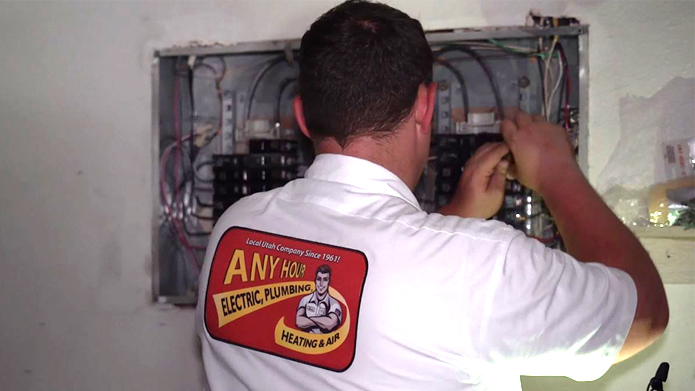As homeowners, it’s hard to stay on top of every single problem in the house— especially when the problem is inside the walls and out of sight. However, there are some clues that can suggest there’s an electrical problem in your home: unsecured outlets, missing faceplate, discolored faceplate.
Some of them can be really loud or noticeable, like an outlet popping or cracking, or a breaker that trips when you use your microwave. Others are much less noticeable things that can be an indication of an electrical problem. Below is a list of 8 subtle things you can look for to make sure you don’t have any electrical issues in your home.
